Why Manchester United’s rivalry with Tottenham has been a tale of power, paranoia and what-ifs
Saturday’s match at Wembley Stadium comes at such an overwhelmingly important point in a curiously underappreciated relationship between these two clubs

Your support helps us to tell the story
From reproductive rights to climate change to Big Tech, The Independent is on the ground when the story is developing. Whether it's investigating the financials of Elon Musk's pro-Trump PAC or producing our latest documentary, 'The A Word', which shines a light on the American women fighting for reproductive rights, we know how important it is to parse out the facts from the messaging.
At such a critical moment in US history, we need reporters on the ground. Your donation allows us to keep sending journalists to speak to both sides of the story.
The Independent is trusted by Americans across the entire political spectrum. And unlike many other quality news outlets, we choose not to lock Americans out of our reporting and analysis with paywalls. We believe quality journalism should be available to everyone, paid for by those who can afford it.
Your support makes all the difference.As Mauricio Pochettino ponders what to do for Sunday's game, and so many wonder what he’s going to do this summer, it’s worth considering just how many sliding-doors moments there have been in the complicated history between Manchester United and Tottenham Hotspur.
In 1984, former Spurs chairman Irving Scholar thought he had agreed a “concrete” deal for Sir Alex Ferguson to come to White Hart Lane, only for the Scot to go back on it.
In 1998, Tottenham thought they had agreed a deal for United’s then substitute striker Ole Gunnar Solskjaer, only for the striker to refuse and insist he would prove his worth at Old Trafford.
The rest may be history, but there’s one other moment between the two clubs that is hugely under-appreciated, and greatly explains the present and likely future.
It was in 1992, when United chairman Martin Edwards poached Spurs’ commercial guru, a man named Edward Freedman.
The Club - a brilliant new book by Joshua Robinson and Jon Clegg on the foundation and aggressive growth of the Premier League - argues that it was “perhaps United’s shrewdest move during this period”. It may well have been one of the most influential in the club’s history, after the appointments of Ferguson and Sir Matt Busby.
It is why, as is especially relevant this weekend and this year, Spurs have for the last three decades arguably had a complex about United more than anyone else; why they’ve lost so much to United, and so many key figures.
Freedman was the financial visionary who changed the complexion of the Old Trafford club, and thereby football. He saw how genuinely “moronic” United’s commercial strategies were at that point, and instantly revolutionised them, first of all bringing all merchandising in-house.
“By 1994,” Robinson and Clegg detail, “United were pulling in £44m from brand-name products, up 180 per cent from the previous year, and rival supporters had taken to deriding the club as Merchandise United. By 1998, United’s total turnover was more than Arsenal and Liverpool’s combined… the influx of cash allowed United to do two things few others could afford. First, they could invest massively in redeveloping their stadium.
“United’s dabbling in the construction business worked so well, in fact, that the club spent the rest of the 1990s cooking up new projects. There was nothing United couldn’t afford any more. Their books hadn’t shown a loss since 1990.”
This was of course fed right back into Ferguson’s increasingly victorious team. This was how one of football’s greatest clubs became one of football’s greatest business empires. This is all particularly relevant to Spurs, given the much-publicised difficulties they’ve had with their own construction project, and what might have been.
This is ultimately how United had the financial heft to prise stars like Teddy Sheringham, Michael Carrick and Dimitar Berbatov away from Spurs. That heft was all the more important when the latter two wanted to go but were so wary of negotiating with Daniel Levy.
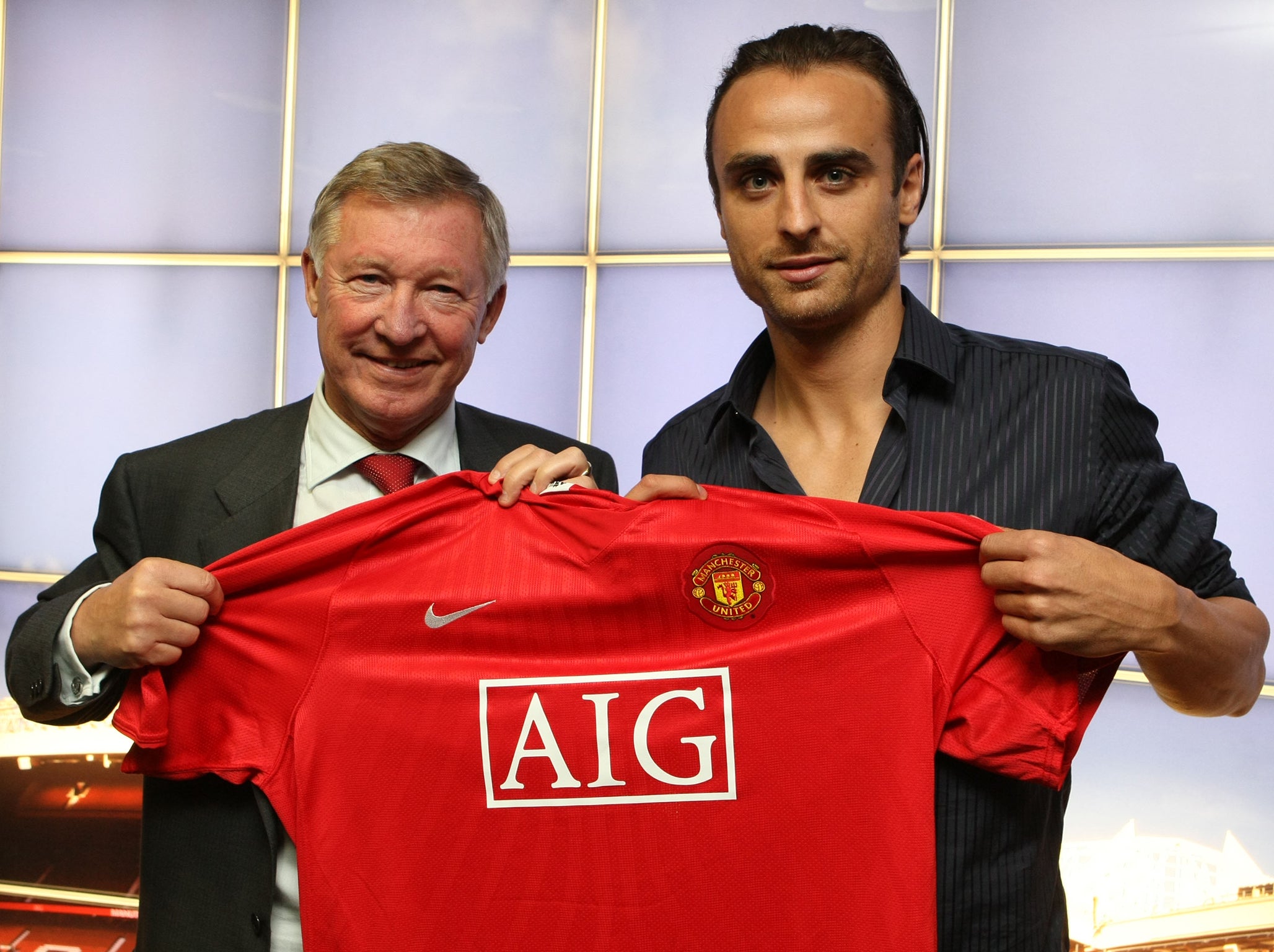
The Tottenham chairman won’t do transfer business with Arsenal or Chelsea, and recent results and trends suggest that the club have started to banish their complexes about both London rivals under Pochettino, but that is not the case with United.
It almost goes bigger, and deeper, with England’s most successful club; beyond a mere benchmark.
Old Trafford was where the line “lads, it’s Tottenham” originated, a phrase that so dismissively sums up the perceived submissive fragility of the club. “Nice and tidy,” in the words of Roy Keane, “but we’ll fucking do them.”
It was of course United who produced the performances that best proved this, too, turning a 3-0 deficit into a 5-3 win in 2001 and then a 2-0 deficit into a 5-2 win in 2009. Spurs always just folded against them.
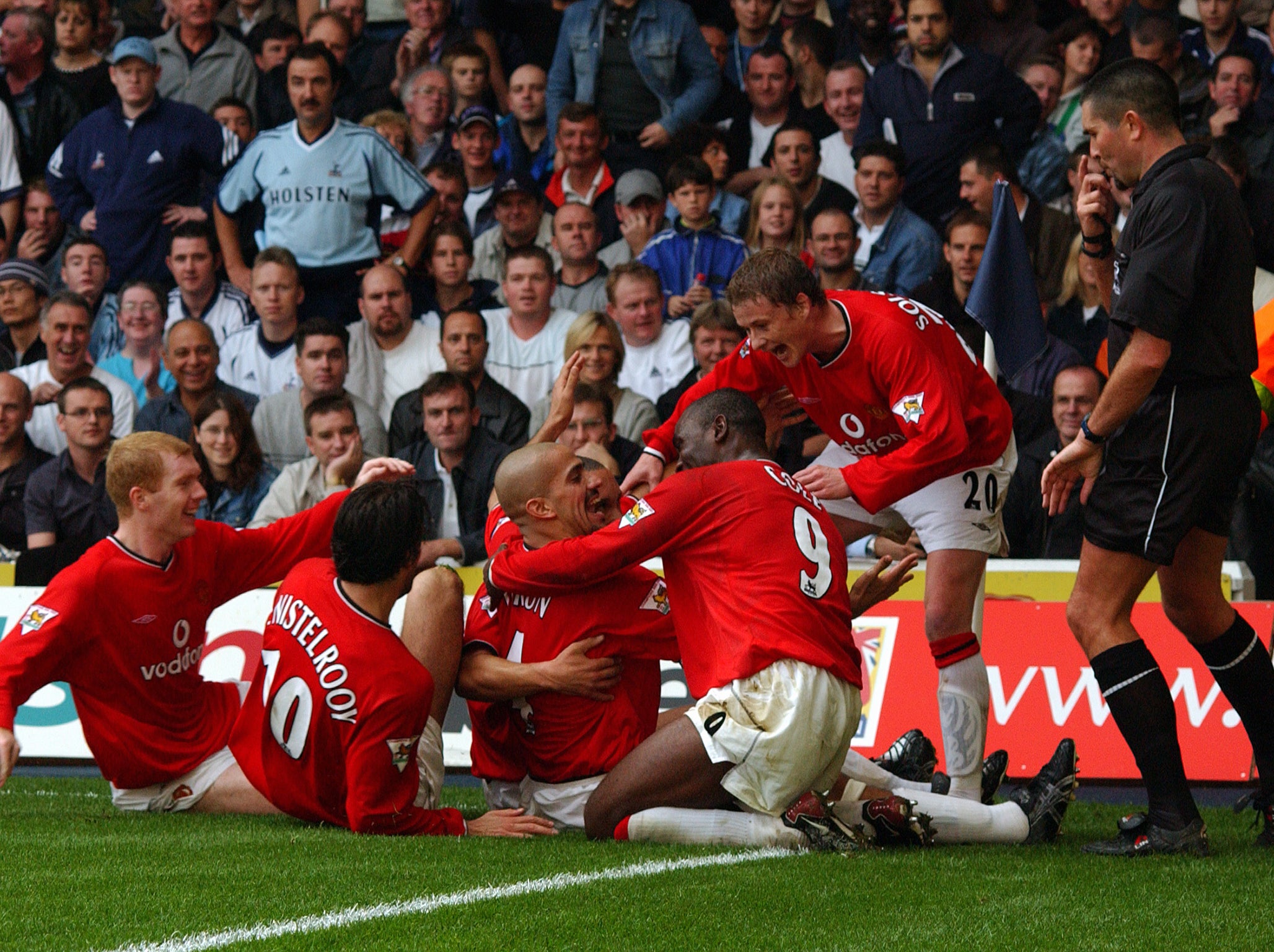
On arriving at White Hart Lane in 2014, Pochettino realised - with a Ferguson 1986-like zeal - it must be his mission to banish such perceptions and change the entire psychology of the club.
It is to his immense credit he has largely succeeded, but that makes it all the more important Spurs banish United’s interest in him this year, in what could be another sliding-doors summer that brings so much of this to a head. That is what hangs over this Sunday. It is why Spurs employees roll their eyes when so many media pieces like this fixate on United’s interest in Pochettino, why Tottenham fans will understandably get fed up at how often it is brought up, not to mention other phrases like “play-off for the Old Trafford job”.
All of this history, however, is why - as the Argentine manages his stretched squad so hard - United can now just temptingly dangle budgets of £200m in front of him.
The Old Trafford hierarchy can promise him that, if he goes there, he’ll never have to worry about persuading key players to resist bigger money again; that he’ll be able to reinforce with the biggest signings in the game. They can promise there'll never again be restrictions, not least on his ambitions.
It is understandably persuasive, especially if you’re a manager who - whatever about sliding doors - constantly has to smash glass ceilings.
It will play on Pochettino’s mind, as much as Old Trafford plays on Spurs' minds.
United meanwhile remain so single-minded about who they want as next full-time manager. Pochettino is still by far the number-one choice mentioned at the top level of the club.
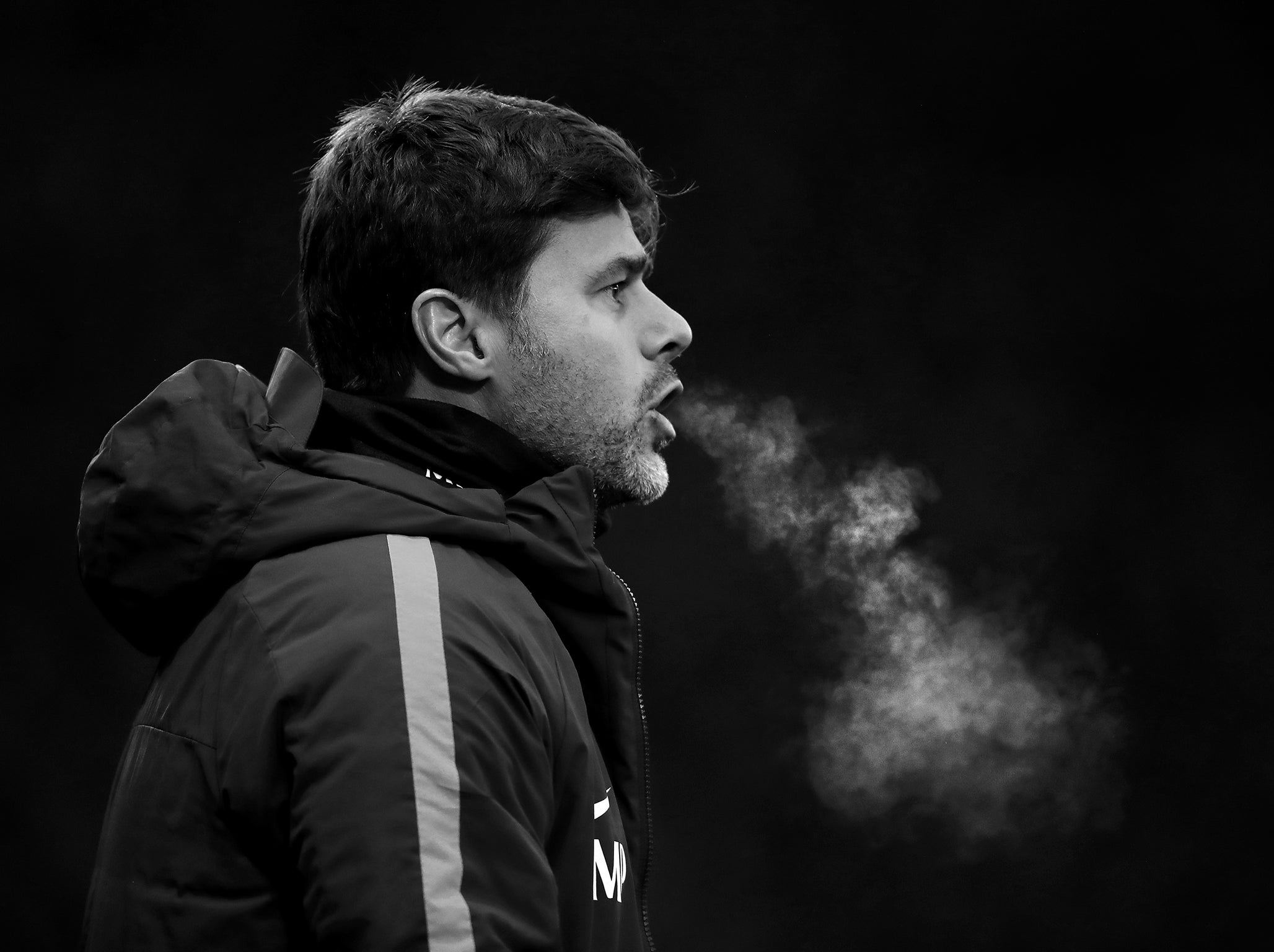
Whatever about “lads, it’s Tottenham”, the line “gentlemen, it’s Manchester United” may be even more ominous for Spurs when it's announced in the boardroom who’s on the phone.
For their own part, though, Tottenham are this time confident of indeed banishing that Old Trafford interest. One source says they “actually think they’ll have no problem keeping Poch”.
Club officials believe that he is too legally ring-fenced, that it is too complicated to extricate him from that, and that by far his own preference is to stay. Sources connected to Pochettino from Espanyol also back this up. They say that his first choice - even beyond going to Real Madrid - is to remain at Tottenham.
Arguably even more persuasive than United’s money and history, after all, is the sense of unfinished business at Spurs and what might be possible for the future.
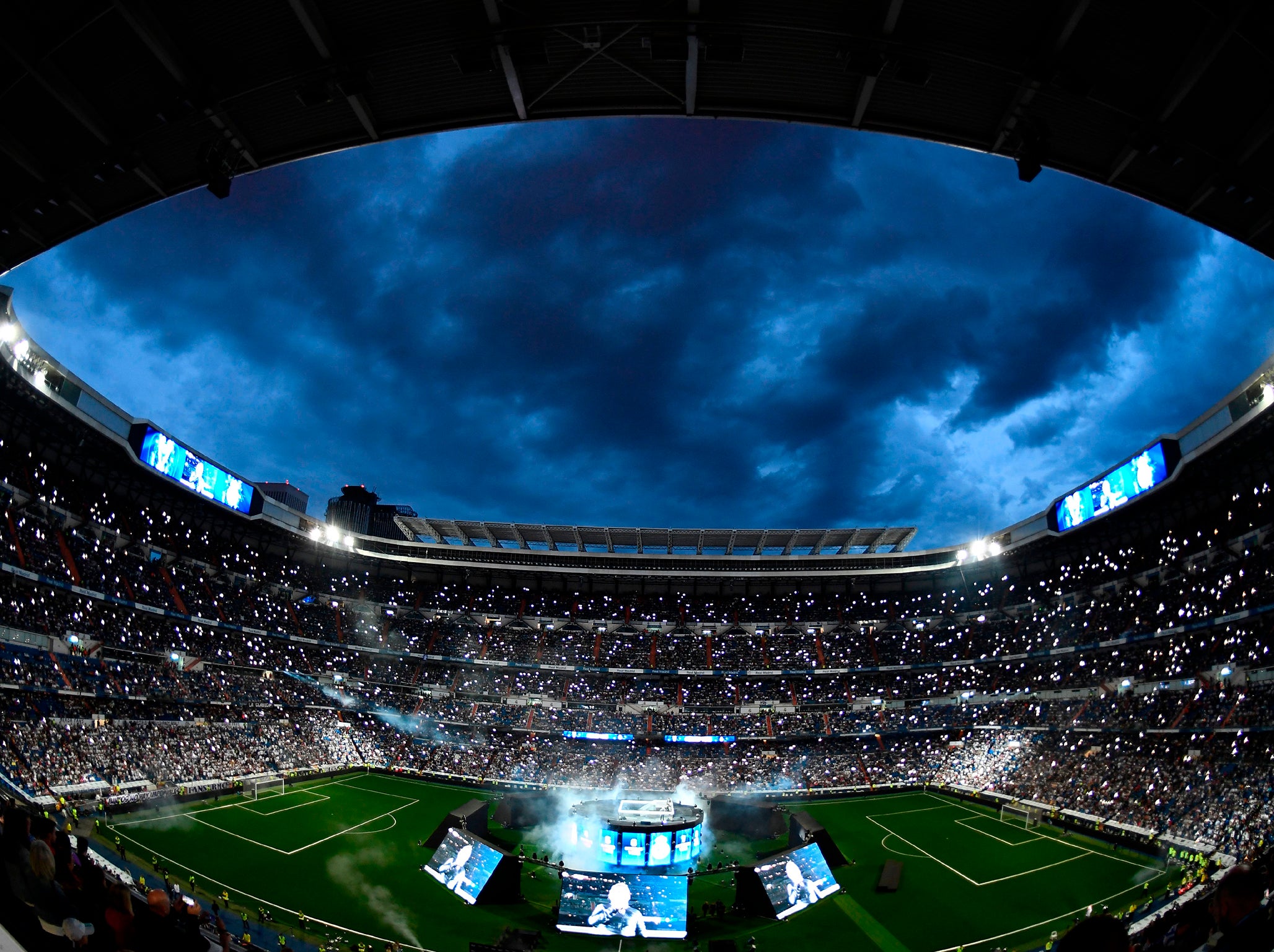
There is the tantalising prospect of bringing the club to the new stadium - one where Pochettino himself had direct input on the blueprints - just as so many of his players come to their prime, and thereby bringing all of this together to win the trophies he really wants. That is also a hugely tempting vision.
That is why banishing United this summer could be so key. That is why it could be such a sliding doors moment.
That is also why there is such a curious context to Sunday’s match at Wembley.
Short-term victories could be long-term losses, and vice-versa.
If Spurs win, it will further propel this hugely promising season, but also further prove Pochettino is the man for United and maybe motivate their pursuit.
If United win, it will see Spurs again frustratingly scuttled just as they look like they’re about to go to another level… but also persuade the Old Trafford hierarchy that Solskjaer might really be the man for the full-time job. A Tottenham defeat might well aid the long-term goal of keeping Pochettino.
There’s also the intrigue - and inversion - of how Pochettino himself represents such an acid test for Solskjaer, a first proper test.
While the Norwegian has done everything right so far - right down to symbolically astute substitutions, as with Romelu Lukaku - there is still the lingering feeling that he hasn’t had to do that much. There is still the sense that that the squad’s performances, and the type of forgiving fixtures they’ve come in, say more about what had gone so badly under Jose Mourinho rather than what Solskjaer is necessarily doing well.
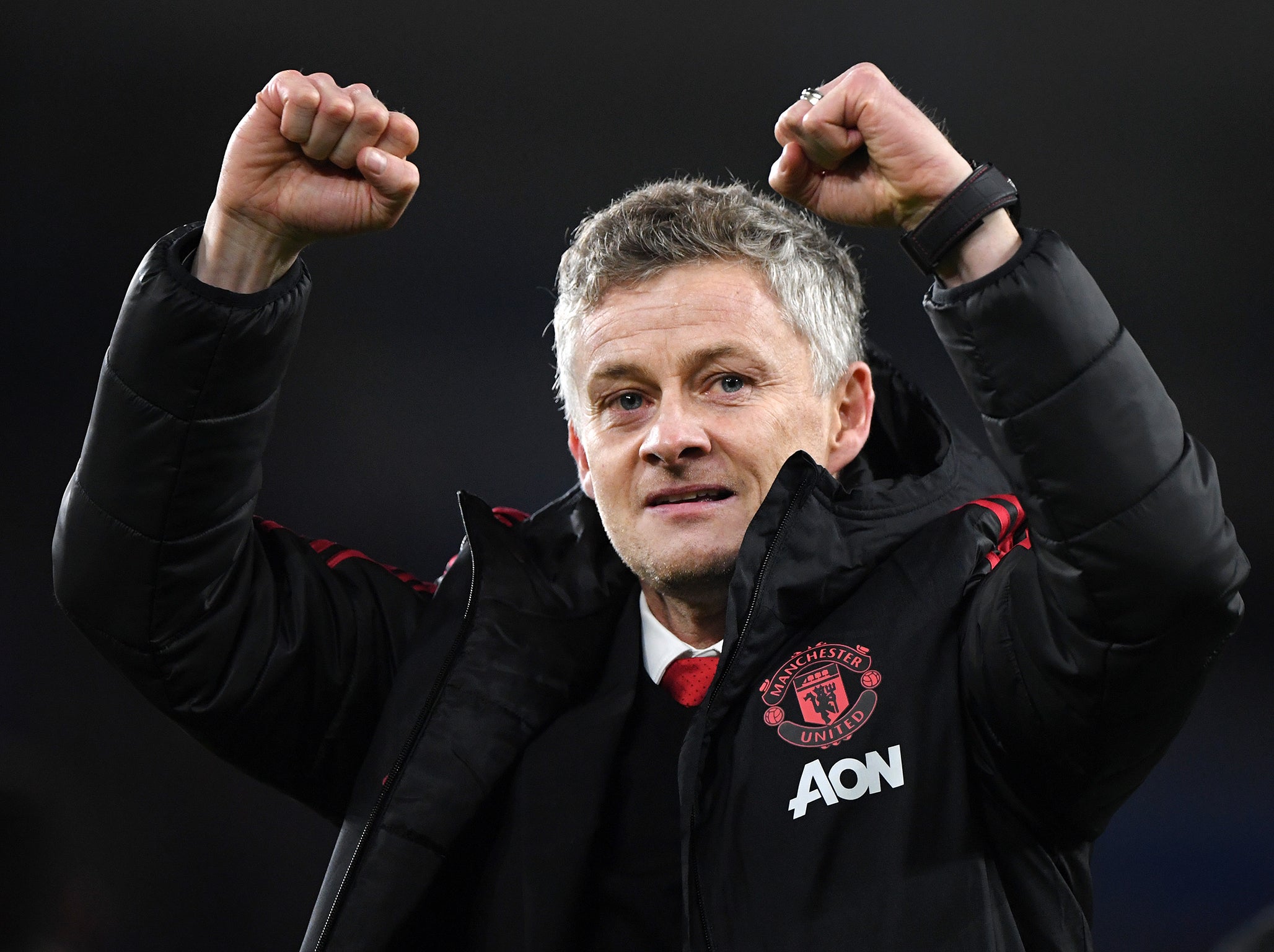
A group of talented players are playing exactly as they would after a release from such restrictive neuroticism, and winning exactly the easy games they should. Bar the good mood only further massaged by Solskjaer’s positive outlook not that much more has been required.
That will not be the case against Spurs. Much more will be required. Against maybe the canniest team in the Premier League, and one of its most intelligent managers, a proper gameplan will be required. Pochettino has ensured it’s not “that Tottenham” any more, lads.
So, for United to win, there will likely have to be significantly influential input from Solskjaer for the first time.
It is a fixture that will make so much about his management identifiable and transparent.
That is what Pochettino will force him to do. That’s why so many at United want Pochettino.
That’s why this match, and rivalry, comes at such an overwhelmingly important point in a curiously underappreciated relationship between the clubs.
Join our commenting forum
Join thought-provoking conversations, follow other Independent readers and see their replies
Comments